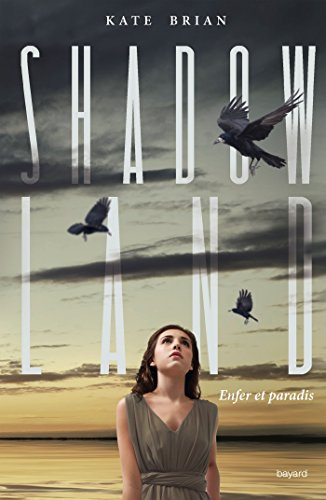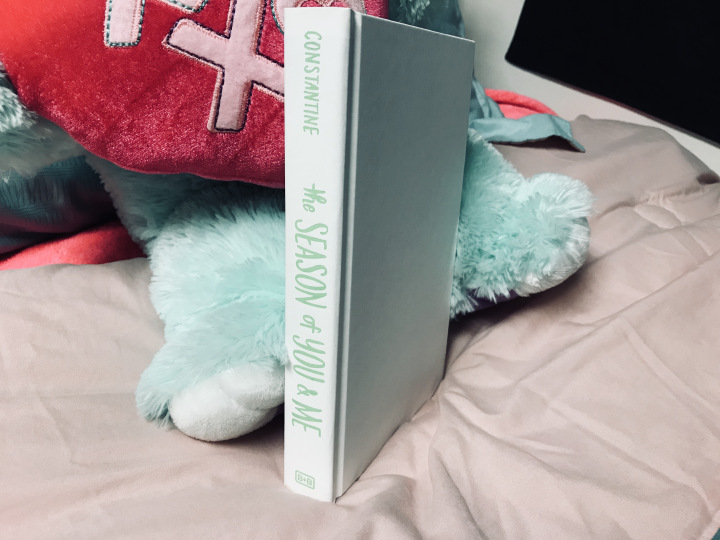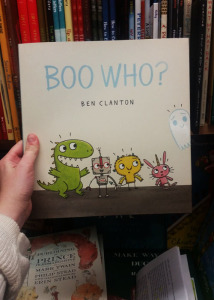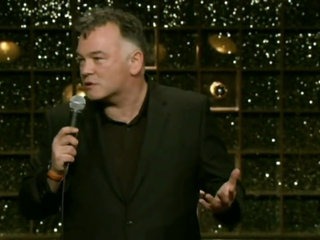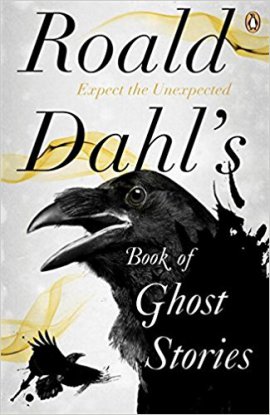
Dahl gets off on the wrong foot. We all knew from Charlie and the Great Glass Elevator that he was an abominable racist (the prolonged sequence about the Chinese, remember?) so I suppose I shouldn’t have been surprised by his claim in the introduction to this collection that “[women] don’t seem to be able to write plays or top rate short stories.” Dahl is a damn good storyteller, and I grew up on his work, but his opinions are relics of a bygone era that we forget at our peril. Anyway, this book isn’t even his work. It’s a selection of ghost stories he’s picked out, by other people. I didn’t realise that. That’s my own fault. But I’ll proceed anyway.
Assessing a single short story in a collection isn’t quite the same as assessing the opening chapter to a book. The quality of the story is no indicator of what will come after. The first story in this collection, W.S. by L. P. Hartley, takes a crack at borderline personality disorder, which I happen to have. Or at least, I think it does. The line reads,
Like you, it’s on the Border. I hope this doesn’t sound rude. I don’t mean you are a border-line case!
W.S. was written in 1954, a year which falls in the gap between the first use of the term “borderline” as a form of insanity in 1884 (by Charles H. Hughes) and the shift in the 1960s and 70s to “borderline” as a mood disorder. These days it’s generally acknowledged that borderline as a term is inadequate as it is too broad, so cases like mine are referred to as the more clinical “emotionally unstable personality disorder”; a name which simultaneously justifies my emotional states as well as undermining their authenticity. So Hartley isn’t talking about people with mood disorders and suicidal thoughts; he’s talking about people who are “insane” – as cold and careless as you could expect from psychiatric attitudes in the 1950s.
At the point where the story mentioned Lincoln Cathedral, I had to stop reading. I live in Lincoln, and, as a sufferer of EUPD, all these little strings were tying together around my neck like a noose. The story didn’t even get to the truly frightening part – I felt instead like it was staring back at me from the page, accusing and angry. I write, of course. The short story is about being a writer. Altogether it’s a triad – borderline, Lincoln, writer – that seizes me in its centre. I am frightened. This string of trite coincidences forms a spectre pointing an accusing finger my way. I am putting the book away now.
No rating, read further or link today.
Advertisements Share this:

